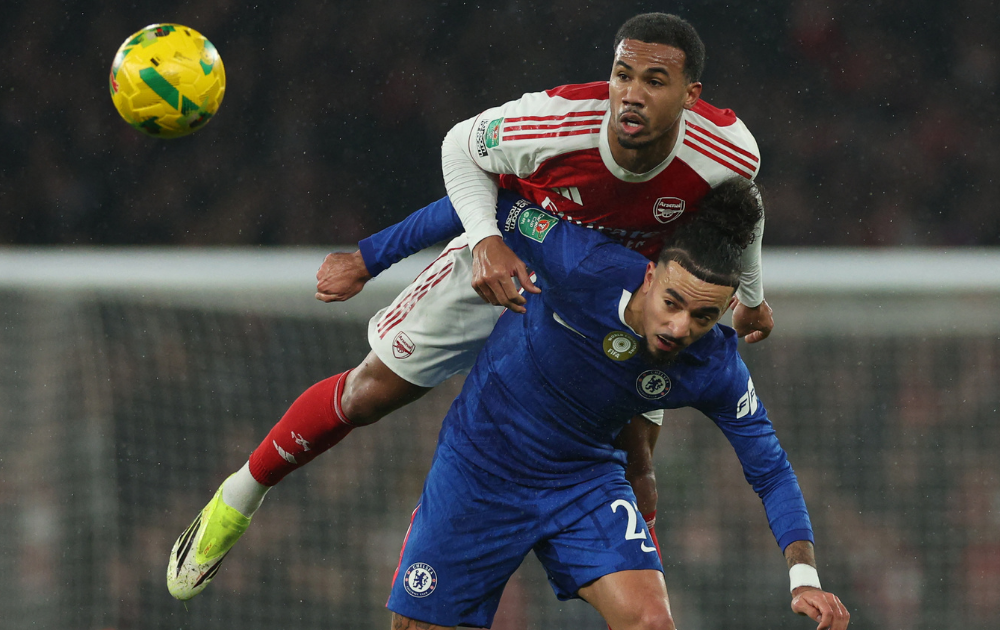
The best features, fun and footballing quizzes, straight to your inbox every week.
You are now subscribed
Your newsletter sign-up was successful
Want to add more newsletters?
Join the club
Get full access to premium articles, exclusive features and a growing list of member rewards.
The Spanish league does not yet use the system of revenue distribution common among European peers. Real and Barca, who negotiate TV deals individually and are the world's richest clubs by income, get about half the total pot of around 600 million euros.
As a result, most other La Liga clubs are unable to meet the huge wage demands of top players or pay the massive transfer fees needed to buy them and they have no real hope of competing for the domestic title.
Many have slipped ever further into the red, with several, such as Real Mallorca, Malaga and Levante, being forced into administration.
Barca set a points record in winning the league last season, with Real three back in second. Valencia, who were forced to sell prize assets David Villa and David Silva in the close season, were 25 points behind Real in third.
"None of the other clubs, as it stands today, have serious and well-founded hopes of winning the title," Jose Maria Gay, a professor of accounting and football finance expert at the University of Barcelona, told Reuters.
"If Real Madrid and Barcelona make the effort and give up part of their income to help the other clubs it would only be a short-term sacrifice.
"Over the longer term, with a more competitive league and a better level of quality among the other clubs, they would earn even more."
The best features, fun and footballing quizzes, straight to your inbox every week.
FAR APART
Real, Barca and their La Liga rivals have had several meetings to try to thrash out a deal on sharing TV revenue and are due to hold talks again on October 22.
However, any agreement would not come into effect until around 2014, after current contracts expire, and the proposals tabled most recently would guarantee current income and only share whatever extra clubs managed to negotiate in any new deal with television companies.
The consensus among analysts is that they could expect between 200 and 300 million euros more annually than the current total of around 600 million.
Under a proposal from Real and Barca, the pair would get 34 percent of the extra income, with 11 percent for Valencia and Atletico Madrid and the rest shared among the remaining 16 clubs based on their position in the league standings.
An alternative proposal from Villarreal would result in 40 percent of the extra income being shared equally and 60 percent distributed according to results on the pitch.
"What is evident is that the two sides are far apart and the talks are very much open," Sevilla, who oppose the Real and Barca model, said in a statement after the latest meeting on October 5.
The gap between rich and poor in La Liga, in which broadcast revenue is a key income stream, is wide.
A study published in May by Sport+Markt, a consulting firm, showed Real and Barca earned almost 19 times more from TV deals than the smallest clubs in the top division, by far the biggest gap among European leagues.
The richest clubs in the English Premier League, by contrast, earned around 1.7 times more than their smaller rivals.
 Join The Club
Join The Club










